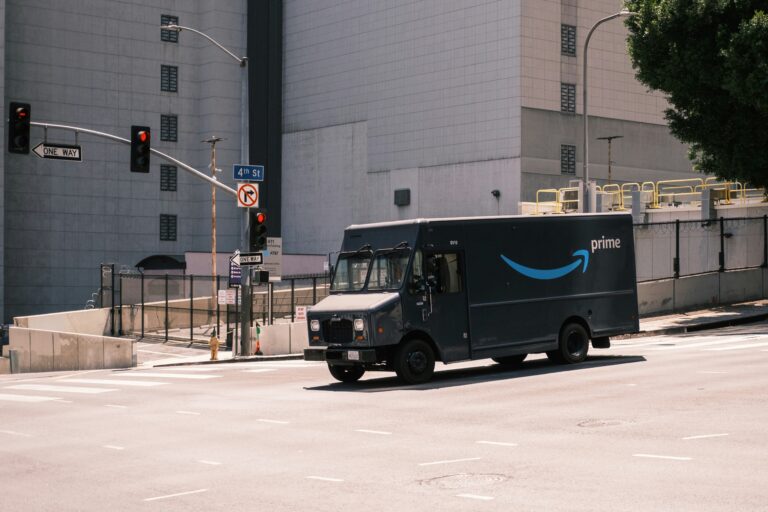Tech companies, true to form, are pushing to break new ground, this time in employment law. According to Caroline O’Donovan at Buzzfeed, in light of ongoing lawsuits and the California Labor Commission’s ruling that an Uber driver is an employee, companies are turning away from courts and appealing to legislators to act. The possibility of creating a third classification of worker—a “dependent contractor”—has been gaining momentum. This new classification would aim to provide workers with the flexibility of contractor status and stability of some employee benefits, while keeping costs low for employers. Employees are about 30% more expensive to companies than independent contractors are.
It’s unclear what “dependent contractor” status would look like in practice. The goal is to distribute employment responsibilities over multiple employers, that way an individual can work for multiple companies while still retaining access to those benefits. One of Senator Mark Warner’s ideas is an “hour bank”: a fund, managed by a third party, into which employees and employers would pay, thereby allowing full coverage of a worker’s healthcare costs, for instance, divided among that worker’s employers. As the debate continues, on-demand companies, following Uber’s lead, have increased lobbying efforts with lawmakers, while workers’ voices run the risk of being drowned out. And if some sort of new classification is created, many questions arise: How will workers calculate income taxes? How will this be implemented at the state and local level? What does this mean for courts and the lawsuits currently pending?
Politico weighed in on the California Labor Commission’s Uber decision yesterday, writing that the decision may not be as important as many suggest. After all, the commission’s decision concerns only the driver at issue, and creates no obligation for Uber to classify its drivers as employees. Uber, unsurprisingly, downplayed the ruling in a public statement on Wednesday. On the other hand, the article pointed out the sweeping language in the decision and echoed that it could have great impact on Judge Chen, as Ben Sachs pointed out.
In the latest sign of American job creation, the number of initial claims for unemployment benefits decreased last week, according to the Wall Street Journal. Initial claims peaked in March 2009 at 665,000, when unemployment reached 10%, while last week’s total amounted to 267,000, which was 12,000 less than the week before. This marks the 15th consecutive week with claims totaling under 300,000—the longest such streak since 2000.
Lydia DePillis at The Washington Post reports that unions have been having some success lately in the airport world. Airport employees faced major wage cuts following 9/11, when airlines began contracting out work. Now, cities nationwide—Los Angeles, Seattle, Minneapolis, and most recently Philadelphia, among others—are raising wages and benefits for airport workers. This is largely due to the efforts of Service Employees International Union (SEIU), targeting not only the governmental authority in each city, but also the biggest players in the industry, to ensure compliance. The SEIU is working on campaigns now in cities including Boston, Fort Lauderdale, and Newark.






Daily News & Commentary
Start your day with our roundup of the latest labor developments. See all
April 16
EEOC publishes final regulation implementing the Pregnant Workers Fairness Act, Volkswagen workers in Tennessee gear up for a union election, and the First Circuit revives the Whole Foods case over BLM masks.
April 15
The Supreme Court ruled in favor of bakery delivery drivers in an exemption from mandatory arbitration case; A Teamsters Local ends its 18-month strike by accepting settlement payments and agreeing to dissolve
April 14
SAG-AFTRA wins AI protections; DeSantis signs Florida bill preempting local employment regulation; NLRB judge says Whole Foods subpoenas violate federal labor law.
April 12
The EEOC weighs in on an anti-discrimination lawsuit against Workday; a rule expanding overtime protection moves closer to publication; Amazon decreases spending on anti-union consultants.
April 11
Maine Legislature votes to grant farm workers minimum wage and labor rights; Apple store workers in New Jersey petition to unionize; and Wisconsin Governor vetoes legislation to rollback child labor laws.
April 10
NLRB general counsel vows not to succumb to pressure from SpaceX, Amazon, and others, the NLRB will seek make-whole remedies for unlawful work rules, and the LA County Federation of Labor joins the call for a ceasefire in Gaza.